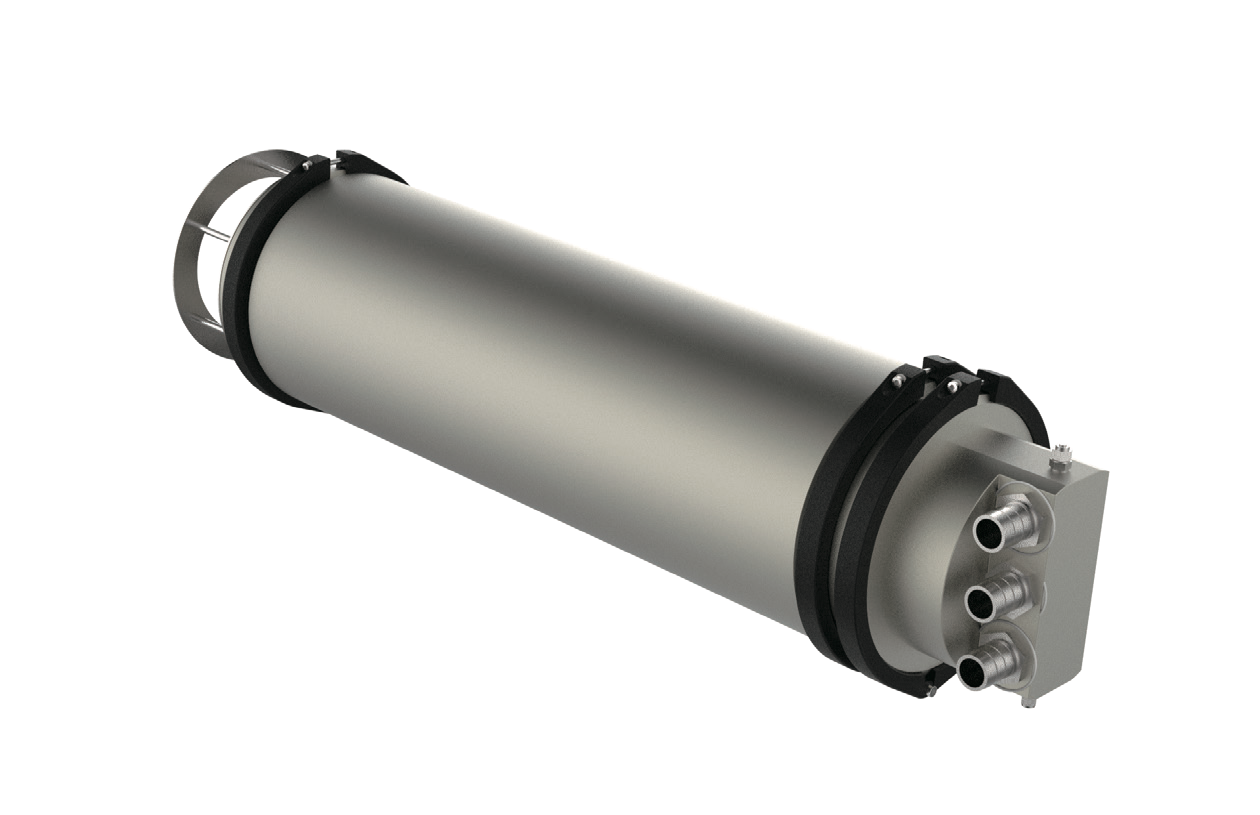Undervandsakustiske sensorer repræsenterer et meget nyttigt værktøj til marin miljøforskning, som gør det muligt at få præcis information om sediments bevægelser og adfærden hos marine organismer. Det er komplekse sensorer, der hjælper med miljøovervågning, olieplatformsprojekter og videnskabelige undersøgelser for at levere realtidsdata fra undervandsmiljøer.
Sedimenttransport og erosionsovervågning
Sedimentovervågning er nødvendig i kyst- og offshoreprojekter for at undgå erosion og bevare stabiliteten af havbunden. Sedimentbevægelse måles ved hjælp af underwaters akustiske sensorer, som hjælper ingeniører med at bestemme faren for rørledninger, kabler og konstruktioner, der er under vand. Disse sensorer identificerer ændringer i sammensætningen af havbunden ved analysen af akustiske refleksioner, og de muliggør en bæredygtig byggeri i marine områder.
Marin livsregistrering og adfærdsstudier
Akustiske sensorer er meget vigtige værktøjer i studiet af marint liv, da de bruges til at lokalisere fiskeskyer, pattedyr samt andre organismer. Lydbølger tillader disse sensorer at registrere arters udbredelse og migration uden at true deres levesteder. Forskere bruger dette ikke-destruktive værktøj til at undersøge økosystemer og støtte bevaring af disse økosystemer.
Offshoreteknik og navigationssikkerhed
Under offshore-operationer er akustiske sensorer, der er installeret under vandet, nyttige til at kortlægge havbundens topografi, så sikker navigation og konstruktion af infrastruktur kan finde sted. De bruges til at finde forhindringer, forstå undervandsudstyr og deltage i undervandsinspektioner, hvilket begrænser trusler fra operationer i havmiljøet.
Højtydende og pålidelige løsninger
Anvendt under barske marine forhold er moderne akustiske sensorer, der måler data gennem mekanismer under vand, holdbare og sikrer langsigtede fordele med hensyn til konsistens og opløsning. De har funktioner som støjreduktion og adaptiv signalbehandling, og de er effektive i videnskabelig og industrielt brug.
Vi øger beskyttelsen af miljøet, sikkerheden udenfor kysten og udforskningen af oceaner ved at integrere akustiske sensorer under vand i marine overvågningssystemer. Bæredygtig marin udvikling kan ikke gennemføres uden disse sensorer.

